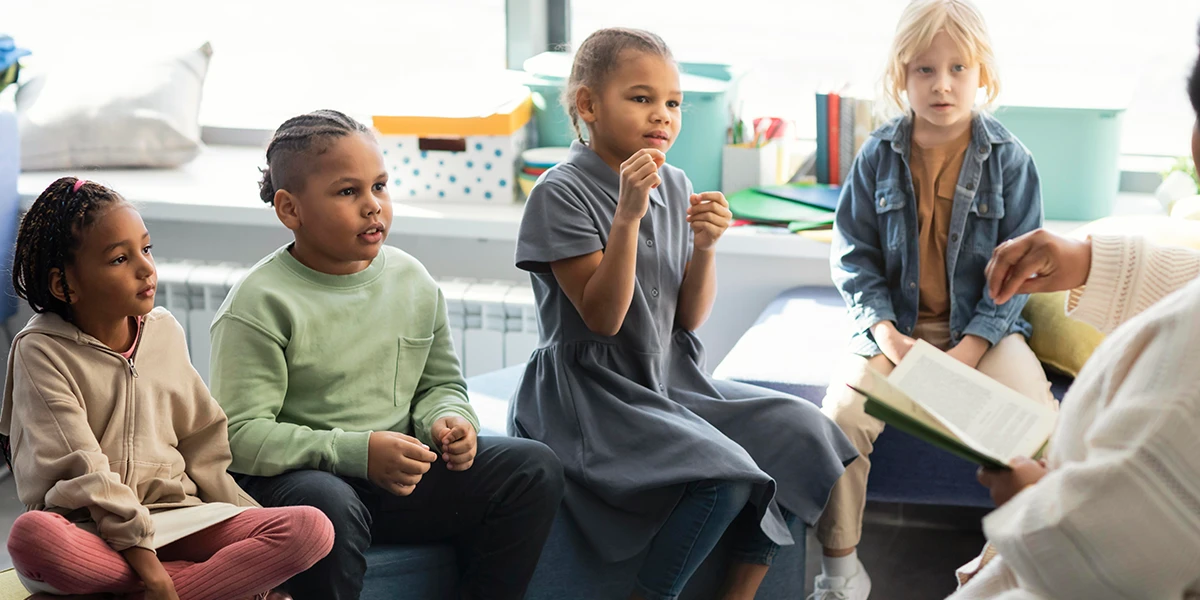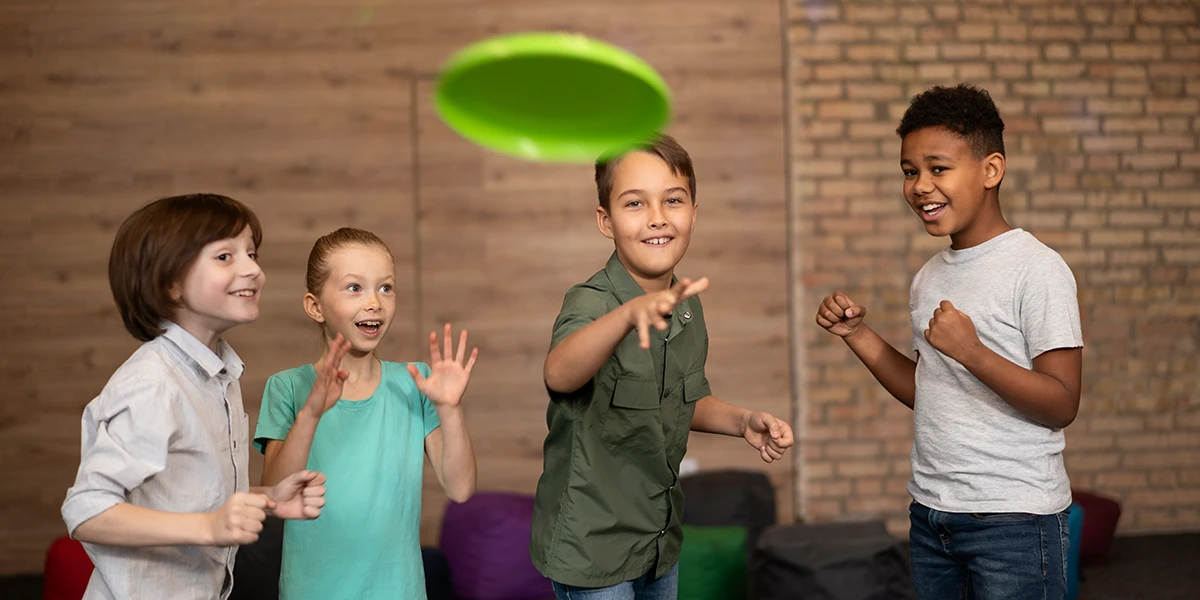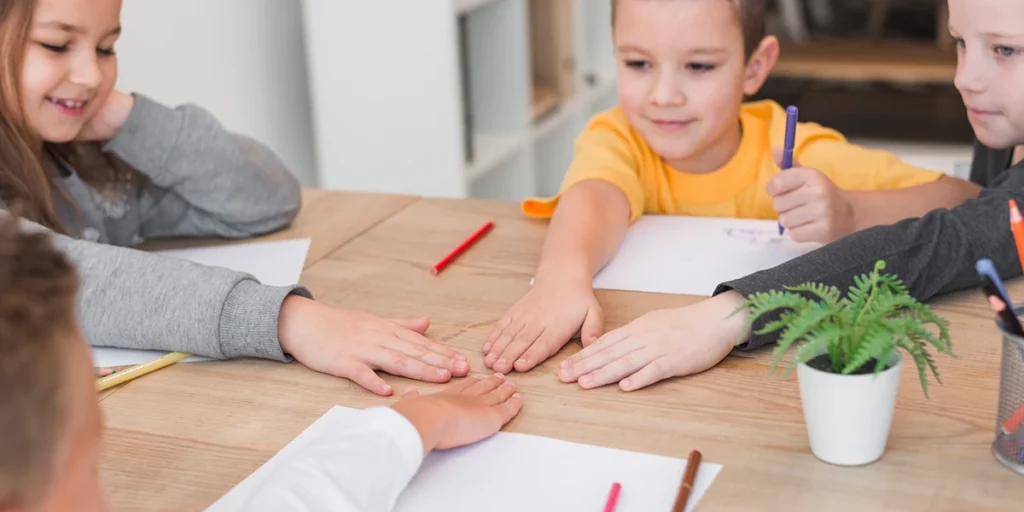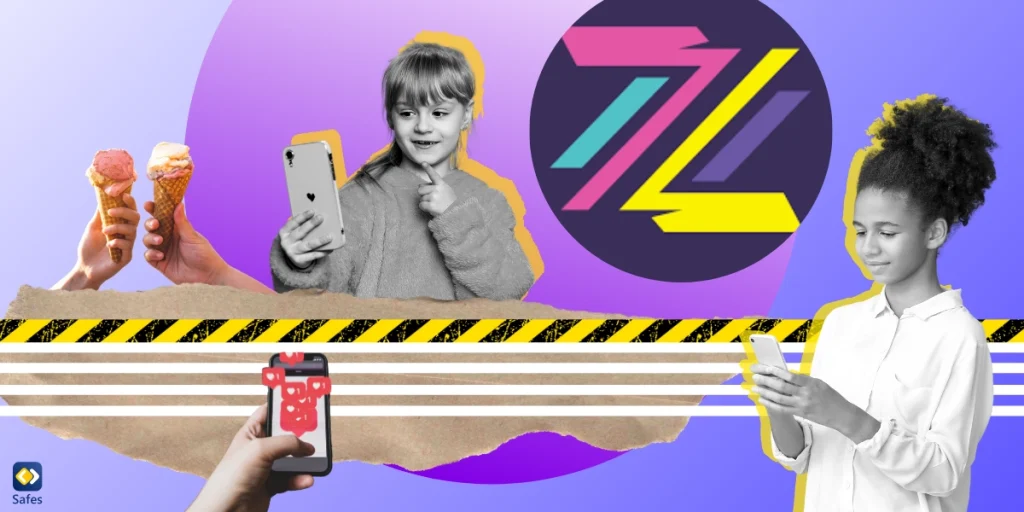Social skills are the foundation of healthy human relationships and crucial to the healthy development of children. Social skills refer to a child’s ability to effectively communicate, interact, and build relationships with others. Developing social skills is important because it helps children express their feelings, thoughts, and ideas and understand the perspectives of others. Social skills training for children is a structured approach to teaching children these essential skills. In this blog post, we provide you with a comprehensive guide to effective social skills training for children and its benefits.
Download and Start Your Free Trial of the Safes Parental Control App
The importance of social skills for children
Social skills are essential for children’s healthy development and overall well-being. Children who have good social skills can communicate effectively, build positive relationships with others, and adapt to new social situations. On the other hand, children with poor social skills may have difficulty making friends, expressing themselves, and dealing with conflict, leading to long-term emotional and behavioral problems. Examples of social skills that are important in different situations include active listening, assertiveness, empathy, cooperation and conflict resolution. For example, active listening is essential when a child needs to understand another person’s perspective, while collaboration is required when working on a group project.
Types of social skills training
Social skills training programs can vary depending on the child’s age, the specific social skills they need to develop, and the desired outcome. Some programs focus on improving children’s social skills in general, while others target specific social skills such as communication, conflict resolution, and emotional regulation.
Social skills training programs can also vary in delivery method, including group therapy, individual therapy, or parent education. Social skills training typically involves the use of role play, modeling, and feedback to teach children’s social skills. Skills typically taught in social skills training programs include active listening, assertiveness, empathy, cooperation, creative problem solving , and conflict resolution. For teenagers, social skills training can also include interview skills, dating skills, and assertiveness in peer pressure situations.

Methods of social skills training
There are various methods for teaching social skills to children and young people. One method is direct instruction, in which a therapist or teacher explicitly teaches social skills using lectures, videos, and other instructional materials. This method is effective for teaching specific social skills and concepts, but it can be difficult to transfer these skills to real-world situations.
Another method is behavior testing, in which children practice social skills in role play. This method is effective for giving children the opportunity to practice social skills in a safe and controlled environment, but it may not be fully transferable to real-world situations.
Tips for Teaching Social Skills to Children
Eltern und Lehrer können eine entscheidende Rolle bei der Vermittlung sozialer Kompetenzen an Kinder spielen. Ein Tipp ist, positives Sozialverhalten zu modellieren und klare Anweisungen zu sozialen Erwartungen zu geben. Ein weiterer Tipp ist, Kindern die Möglichkeit zu geben, soziale Fähigkeiten zu üben und Feedback zu ihren Fortschritten zu geben.
Das Training sozialer Fähigkeiten in den Alltag kann durch die Verwendung von lehrbaren Momenten während Aktivitäten wie Essen, Spielen und Geschichtenstunde erfolgen. Eltern und Lehrer können während dieser Routinen auch soziale Geschichten oder Rollenspielszenarien verwenden, um soziale Fähigkeiten im Kontext zu vermitteln.
Die Stärkung der sozialen Fähigkeiten im täglichen Leben kann durch das Lob und die Anerkennung von positivem Sozialverhalten, das spezifische Feedback zu Verbesserungsbereichen und die Ermutigung von Kindern erfolgen, ihre sozialen Fähigkeiten in neuen Situationen anzuwenden. Eltern und Lehrer können Kindern auch die Möglichkeit bieten, soziale Fähigkeiten mit Gleichaltrigen zu üben, z. B. Spieltermine oder Gruppenaktivitäten.
Insgesamt erfordert das Training sozialer Fähigkeiten für Kinder Geduld, Konsequenz und ein unterstützendes Umfeld. Durch die Integration von Sozialkompetenzen in die tägliche Routine und die Stärkung eines positiven Sozialverhaltens können Eltern und Lehrer Kindern helfen, die sozialen Fähigkeiten zu entwickeln, die sie benötigen, um im Leben erfolgreich zu sein.

Wie können Safes dazu beitragen, die sozialen Fähigkeiten im Leben von Kindern zu stärken?
Die Safes Kindersicherungs-App kann ein effektives Werkzeug sein, um die sozialen Fähigkeiten im Leben von Kindern zu stärken. Die App bietet Funktionen zur Überwachung der Bildschirmzeit , mit denen Eltern die Gerätenutzung ihres Kindes einschränken und seine Online-Aktivitäten überwachen können.
Durch die Begrenzung der Bildschirmzeit haben Kinder mehr Möglichkeiten, sich an sozialen Aktivitäten zu beteiligen, z. B. mit Freunden und Familie zu spielen, Sport zu treiben und sich an kreativen Aktivitäten zu beteiligen. Dies kann Kindern helfen, soziale Fähigkeiten wie Kommunikation, Teamarbeit und Problemlösung zu entwickeln.
Die App bietet Eltern auch die Möglichkeit, die Online-Aktivitäten ihres Kindes zu überwachen, einschließlich der Nutzung sozialer Medien und Messaging-Apps. Dies kann Eltern helfen, potenzielle Probleme mit Cybermobbing, unangemessenen Inhalten oder übermäßiger Bildschirmzeit zu erkennen.
Durch die Verwendung der Safes-Kindersicherungs-App können Eltern positives Sozialverhalten verstärken und Kindern eine sichere und unterstützende Umgebung bieten, in der sie ihre sozialen Fähigkeiten entwickeln können.
Safes is available for both Android and iOS devices. To learn how to use this app for the benefit of your child, follow the links below:
- Windows parental controls
- Parental controls for Macbook
- Parental controls on Android
- iPhone parental controls
Melden Sie sich jetzt für eine kostenlose Testversion an und sehen Sie, wie Safes dazu beitragen kann, Ihr Kind online zu schützen!
conclusion
In conclusion, social skills training for children is crucial to their overall development and success in life. Parents and teachers can play a central role in teaching children social skills by modeling positive behavior, providing clear instructions, and providing feedback on their progress. The integration of social skills into everyday life can be achieved through the use of teachable moments and role-playing scenarios. Strengthening social skills in daily life can be accomplished by praising positive behavior, providing specific feedback, and encouraging children to apply their skills in new situations.
The Safes parental control app can also be a valuable tool for strengthening social skills in children’s lives, especially through its screen time monitoring features. By limiting screen time and monitoring online activity, parents can create a safe and supportive environment for children to develop their social skills. With patience, consistency, and support, parents and teachers can help children develop the social skills they need to succeed in life.
Your Child’s Online Safety Starts Here
Every parent today needs a solution to manage screen time and keep their child safe online.
Without the right tools, digital risks and excessive screen time can impact children's well-being. Safes helps parents set healthy boundaries, monitor activity, and protect kids from online dangers—all with an easy-to-use app.
Take control of your child’s digital world. Learn more about Safes or download the app to start your free trial today!




